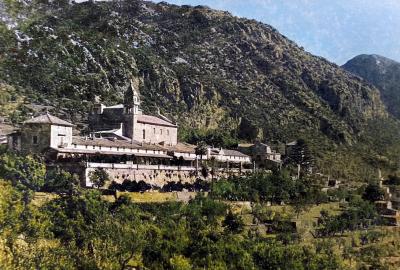How do terraced vineyards on Mallorca’s slopes improve grape cultivation compared to flat vineyard areas?
Similar Topics
terraced vineyards
mallorca slopes
grape cultivation
prevent soil erosion
improve drainage
increased airflow
optimal sunlight exposure
microclimate viticulture
Terraced vineyards on Mallorca’s slopes provide a number of significant advantages for grape cultivation compared to flat vineyard areas. The terraces, carefully constructed from local stone, help to maximize the use of steep, mountainous terrain that would otherwise be unsuitable for traditional farming. By creating flat surfaces on a slope, these terraces prevent soil erosion, which is particularly important on Mallorca’s often dry and rocky hillsides. This retention of soil ensures that nutrients remain available to the vines, supporting healthier growth and better grape development.
Additionally, terracing improves drainage, as water runs off more efficiently without washing away precious topsoil. This controlled water flow mitigates the risk of waterlogging while allowing the vines to access moisture gradually, which is ideal for producing grapes with concentrated flavors. The elevation provided by the terraces also allows the vines to benefit from increased airflow, reducing the likelihood of fungal diseases that can thrive in stagnant conditions.
The sloped aspect of terraced vineyards further enhances sunlight exposure, with each row of vines oriented to capture optimal sunlight throughout the day. This enhances the ripening process, resulting in grapes that develop richer sugars and more complex aromas. Overall, terraced vineyards on Mallorca’s slopes create a microclimate that improves vine health and fruit quality, making them a superior choice for viticulture compared to flat vineyard areas, especially in the island’s challenging, varied terrain.
Additionally, terracing improves drainage, as water runs off more efficiently without washing away precious topsoil. This controlled water flow mitigates the risk of waterlogging while allowing the vines to access moisture gradually, which is ideal for producing grapes with concentrated flavors. The elevation provided by the terraces also allows the vines to benefit from increased airflow, reducing the likelihood of fungal diseases that can thrive in stagnant conditions.
The sloped aspect of terraced vineyards further enhances sunlight exposure, with each row of vines oriented to capture optimal sunlight throughout the day. This enhances the ripening process, resulting in grapes that develop richer sugars and more complex aromas. Overall, terraced vineyards on Mallorca’s slopes create a microclimate that improves vine health and fruit quality, making them a superior choice for viticulture compared to flat vineyard areas, especially in the island’s challenging, varied terrain.
🧩 Related Questions
Related Question
Are there any other native plants in Mallorca that have historical significance?
Related Question
What role does Catalan play in the daily life and public signage on the island of Mallorca?
Related Question
In what ways has the preservation of the Catalan language in Mallorca impacted regional autonomy movements?


